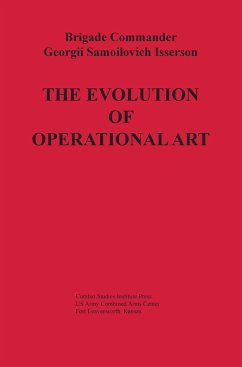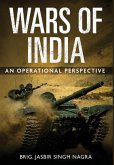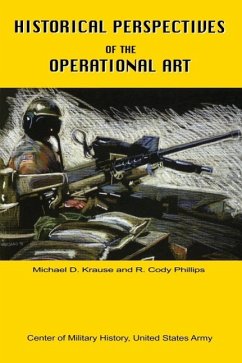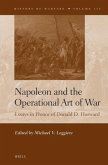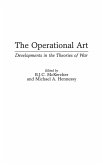War has been the most extensive human preoccupation ever since the emergence of the first enlightened civilization. Notwithstanding the preceding, it has remained one of the least researched social domains. One of the significant reasons was the exclusive control of war by authoritarian heads of the states, who were generally averse to criticism. Besides, human life did not hold any value for them. It was only after the Napolean wars that military scholars of Europe started seriously studying the war and came up with their dissertations. For the better part, before WWI, the doctrines of Clausewitz and Jomini influenced most of the European and New World nations. Surprisingly, no one stressed the dynamic nature of the art of war and the need to ensure the currency of the theory/philosophy. Only after the horrifying end of WWI, in which close to 10 million soldiers laid down their life, primarily due to lack of a helpful military doctrine, did the world realise that there was something seriously wrong with how the war was conducted. While Russia and Germany, as defeated nations, quickly accepted the reality and started working to fathom the causes, the Allied decided to gloat over their victories and allowed the feeling "all is well" to prevail. The consequence was the invention of the operation level of war that bridged the gap between Strategy and tactics by the Russians. They inferred tactical battles conducted in isolation alone could not produce strategic results. It was essential to aggregate the outcome of tactical battles to attain strategic goals. The employment of large-sized field formations (corps, group of corps/armies, theatre) in the war required coordination to achieve synergy of all war resources available to the commander in time, space, and objective. The book deals with all aspects of operational art.
Hinweis: Dieser Artikel kann nur an eine deutsche Lieferadresse ausgeliefert werden.
Hinweis: Dieser Artikel kann nur an eine deutsche Lieferadresse ausgeliefert werden.


